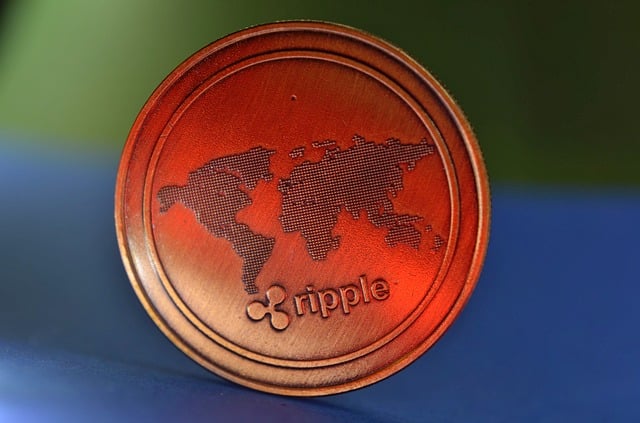- The Irish Council for Civil Liberties has called for an EU investigation into the Microsoft–OpenAI partnership, arguing that the $13-billion investment and recent personnel decisions hint at a disguised merger.
- The council, backed by partner organizations, alleges Microsoft’s potential monopolistic control over AI services like ChatGPT, prompting concerns about fair competition and public interest in the evolving tech landscape.
The Irish Council for Civil Liberties has thrown a spotlight on the Microsoft–OpenAI partnership, urging European Union regulators to scrutinize the collaboration as if it were a merger. In response to a call for commentary from the European Commission, the civil liberties group submitted its concerns on February 2. The submission, endorsed by organizations like Foxglove, Mozilla, and the European Digital SME Alliance, makes a compelling case against interpreting the partnership merely as a collaboration.
The heart of the matter lies in Microsoft’s substantial $13-billion investments in OpenAI, which the council argues suggests a level of influence tantamount to a merger. The recent episode involving the firing and rehiring of OpenAI’s CEO and co-founder, Sam Altman, is also brought into focus. Microsoft’s intervention in the decision to reverse Altman’s termination, followed by offering employment to Altman and other OpenAI employees, raises questions about the dynamics of power within the relationship.
The council contends that Microsoft’s grip extends beyond influencing decisions and alleges the exercise of monopolistic power over the AI industry. Azure, Microsoft’s cloud services, underpin some OpenAI services, leading the council to call for an investigation into whether Microsoft holds ultimate technological control over ChatGPT and other critical services.
“Letting the largest incumbents dictate how AI develops, by leveraging their current monopoly power into future markets and technologies and ensuring control over companies which could have threatened their dominance, will serve their profit margins but will not serve the public interest,” warns the council.
The Microsoft–OpenAI partnership is not only under scrutiny in the European Union but also faces investigation in the United Kingdom, where regulators are deliberating whether it should be legally categorized as a merger. This intensifies the global discussion surrounding the implications of such collaborations in the rapidly evolving landscape of artificial intelligence.
The Alleged Monopolistic Impact: A Deep Dive into Microsoft’s Influence
Beyond financial investments and personnel decisions, the council is particularly concerned about Microsoft’s role as the infrastructure provider for some of OpenAI’s crucial services. With Azure serving as the backbone, the question arises: Does Microsoft wield ultimate technological control over innovations like ChatGPT? The potential concentration of power raises alarms about the fair development and deployment of AI technologies, prompting the call for a thorough investigation by EU regulators.
As the investigation unfolds, the broader conversation around the ethical dimensions of tech collaborations and their impact on market dynamics gains momentum. The Irish Council for Civil Liberties, along with its allied organizations, is pushing for transparency and accountability, underscoring the importance of safeguarding the public interest in an era dominated by tech giants.
In a world where technological advancements are both rapid and transformative, regulatory bodies must grapple with evolving paradigms to ensure fair competition, innovation, and protection of public interest. The Microsoft–OpenAI partnership investigation is just one instance where the boundaries of collaboration and consolidation in the tech industry are being rigorously tested.















+ There are no comments
Add yours